mirror of
https://github.com/mudler/LocalAI.git
synced 2025-01-28 15:13:56 +00:00
153 lines
6.2 KiB
Markdown
153 lines
6.2 KiB
Markdown
|
|
|
||
|
|
+++
|
||
|
|
disableToc = false
|
||
|
|
title = "🎨 Image generation"
|
||
|
|
weight = 2
|
||
|
|
+++
|
||
|
|
|
||
|
|
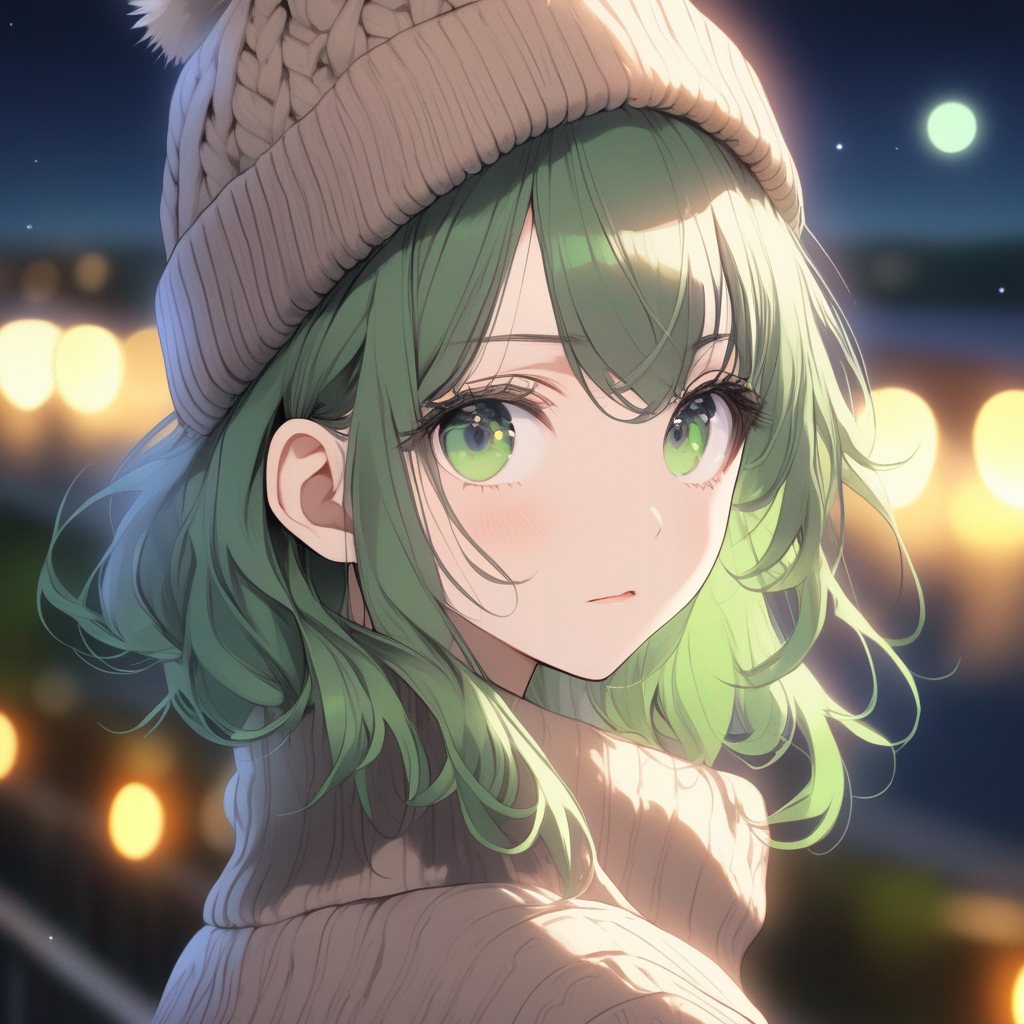
|
||
|
|
(Generated with [AnimagineXL](https://huggingface.co/Linaqruf/animagine-xl))
|
||
|
|
|
||
|
|
LocalAI supports generating images with Stable diffusion, running on CPU using a C++ implementation, [Stable-Diffusion-NCNN](https://github.com/EdVince/Stable-Diffusion-NCNN) ([binding](https://github.com/mudler/go-stable-diffusion)) and [🧨 Diffusers]({{%relref "model-compatibility/diffusers" %}}).
|
||
|
|
|
||
|
|
## Usage
|
||
|
|
|
||
|
|
OpenAI docs: https://platform.openai.com/docs/api-reference/images/create
|
||
|
|
|
||
|
|
To generate an image you can send a POST request to the `/v1/images/generations` endpoint with the instruction as the request body:
|
||
|
|
|
||
|
|
```bash
|
||
|
|
# 512x512 is supported too
|
||
|
|
curl http://localhost:8080/v1/images/generations -H "Content-Type: application/json" -d '{
|
||
|
|
"prompt": "A cute baby sea otter",
|
||
|
|
"size": "256x256"
|
||
|
|
}'
|
||
|
|
```
|
||
|
|
|
||
|
|
Available additional parameters: `mode`, `step`.
|
||
|
|
|
||
|
|
Note: To set a negative prompt, you can split the prompt with `|`, for instance: `a cute baby sea otter|malformed`.
|
||
|
|
|
||
|
|
```bash
|
||
|
|
curl http://localhost:8080/v1/images/generations -H "Content-Type: application/json" -d '{
|
||
|
|
"prompt": "floating hair, portrait, ((loli)), ((one girl)), cute face, hidden hands, asymmetrical bangs, beautiful detailed eyes, eye shadow, hair ornament, ribbons, bowties, buttons, pleated skirt, (((masterpiece))), ((best quality)), colorful|((part of the head)), ((((mutated hands and fingers)))), deformed, blurry, bad anatomy, disfigured, poorly drawn face, mutation, mutated, extra limb, ugly, poorly drawn hands, missing limb, blurry, floating limbs, disconnected limbs, malformed hands, blur, out of focus, long neck, long body, Octane renderer, lowres, bad anatomy, bad hands, text",
|
||
|
|
"size": "256x256"
|
||
|
|
}'
|
||
|
|
```
|
||
|
|
|
||
|
|
## stablediffusion-cpp
|
||
|
|
|
||
|
|
| mode=0 | mode=1 (winograd/sgemm) |
|
||
|
|
|------------------------------------------------------------------------------------------------------------------------|------------------------------------------------------------------------------------------------------------------------|
|
||
|
|
| 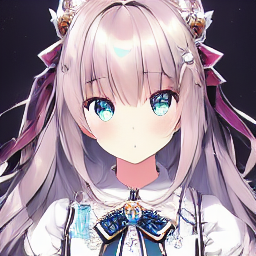 | 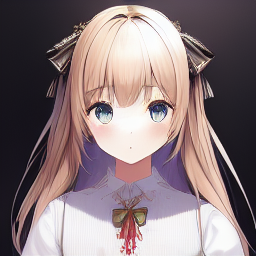 |
|
||
|
|
| 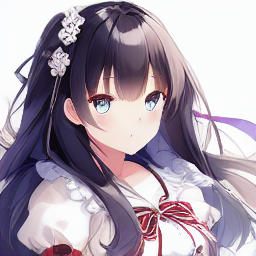 | 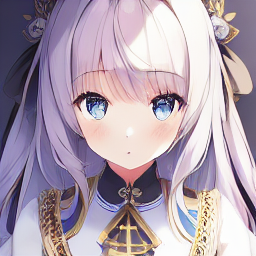 |
|
||
|
|
| 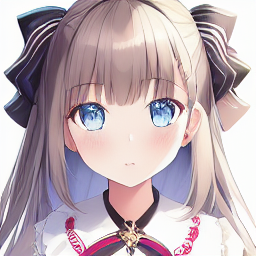 | 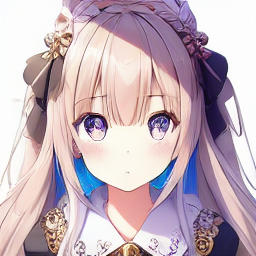 |
|
||
|
|
|
||
|
|
Note: image generator supports images up to 512x512. You can use other tools however to upscale the image, for instance: https://github.com/upscayl/upscayl.
|
||
|
|
|
||
|
|
### Setup
|
||
|
|
|
||
|
|
Note: In order to use the `images/generation` endpoint with the `stablediffusion` C++ backend, you need to build LocalAI with `GO_TAGS=stablediffusion`. If you are using the container images, it is already enabled.
|
||
|
|
|
||
|
|
{{< tabs >}}
|
||
|
|
{{% tab name="Prepare the model in runtime" %}}
|
||
|
|
|
||
|
|
While the API is running, you can install the model by using the `/models/apply` endpoint and point it to the `stablediffusion` model in the [models-gallery](https://github.com/go-skynet/model-gallery#image-generation-stable-diffusion):
|
||
|
|
|
||
|
|
```bash
|
||
|
|
curl http://localhost:8080/models/apply -H "Content-Type: application/json" -d '{
|
||
|
|
"url": "github:go-skynet/model-gallery/stablediffusion.yaml"
|
||
|
|
}'
|
||
|
|
```
|
||
|
|
|
||
|
|
{{% /tab %}}
|
||
|
|
{{% tab name="Automatically prepare the model before start" %}}
|
||
|
|
|
||
|
|
You can set the `PRELOAD_MODELS` environment variable:
|
||
|
|
|
||
|
|
```bash
|
||
|
|
PRELOAD_MODELS=[{"url": "github:go-skynet/model-gallery/stablediffusion.yaml"}]
|
||
|
|
```
|
||
|
|
|
||
|
|
or as arg:
|
||
|
|
|
||
|
|
```bash
|
||
|
|
local-ai --preload-models '[{"url": "github:go-skynet/model-gallery/stablediffusion.yaml"}]'
|
||
|
|
```
|
||
|
|
|
||
|
|
or in a YAML file:
|
||
|
|
|
||
|
|
```bash
|
||
|
|
local-ai --preload-models-config "/path/to/yaml"
|
||
|
|
```
|
||
|
|
|
||
|
|
YAML:
|
||
|
|
|
||
|
|
```yaml
|
||
|
|
- url: github:go-skynet/model-gallery/stablediffusion.yaml
|
||
|
|
```
|
||
|
|
|
||
|
|
{{% /tab %}}
|
||
|
|
{{% tab name="Install manually" %}}
|
||
|
|
|
||
|
|
1. Create a model file `stablediffusion.yaml` in the models folder:
|
||
|
|
|
||
|
|
```yaml
|
||
|
|
name: stablediffusion
|
||
|
|
backend: stablediffusion
|
||
|
|
parameters:
|
||
|
|
model: stablediffusion_assets
|
||
|
|
```
|
||
|
|
|
||
|
|
2. Create a `stablediffusion_assets` directory inside your `models` directory
|
||
|
|
3. Download the ncnn assets from https://github.com/EdVince/Stable-Diffusion-NCNN#out-of-box and place them in `stablediffusion_assets`.
|
||
|
|
|
||
|
|
The models directory should look like the following:
|
||
|
|
|
||
|
|
```bash
|
||
|
|
models
|
||
|
|
├── stablediffusion_assets
|
||
|
|
│ ├── AutoencoderKL-256-256-fp16-opt.param
|
||
|
|
│ ├── AutoencoderKL-512-512-fp16-opt.param
|
||
|
|
│ ├── AutoencoderKL-base-fp16.param
|
||
|
|
│ ├── AutoencoderKL-encoder-512-512-fp16.bin
|
||
|
|
│ ├── AutoencoderKL-fp16.bin
|
||
|
|
│ ├── FrozenCLIPEmbedder-fp16.bin
|
||
|
|
│ ├── FrozenCLIPEmbedder-fp16.param
|
||
|
|
│ ├── log_sigmas.bin
|
||
|
|
│ ├── tmp-AutoencoderKL-encoder-256-256-fp16.param
|
||
|
|
│ ├── UNetModel-256-256-MHA-fp16-opt.param
|
||
|
|
│ ├── UNetModel-512-512-MHA-fp16-opt.param
|
||
|
|
│ ├── UNetModel-base-MHA-fp16.param
|
||
|
|
│ ├── UNetModel-MHA-fp16.bin
|
||
|
|
│ └── vocab.txt
|
||
|
|
└── stablediffusion.yaml
|
||
|
|
```
|
||
|
|
|
||
|
|
{{% /tab %}}
|
||
|
|
|
||
|
|
{{< /tabs >}}
|
||
|
|
|
||
|
|
## Diffusers
|
||
|
|
|
||
|
|
This is an extra backend - in the container is already available and there is nothing to do for the setup.
|
||
|
|
|
||
|
|
### Model setup
|
||
|
|
|
||
|
|
The models will be downloaded the first time you use the backend from `huggingface` automatically.
|
||
|
|
|
||
|
|
Create a model configuration file in the `models` directory, for instance to use `Linaqruf/animagine-xl` with CPU:
|
||
|
|
|
||
|
|
```yaml
|
||
|
|
name: animagine-xl
|
||
|
|
parameters:
|
||
|
|
model: Linaqruf/animagine-xl
|
||
|
|
backend: diffusers
|
||
|
|
|
||
|
|
# Force CPU usage - set to true for GPU
|
||
|
|
f16: false
|
||
|
|
diffusers:
|
||
|
|
cuda: false # Enable for GPU usage (CUDA)
|
||
|
|
scheduler_type: euler_a
|
||
|
|
```
|